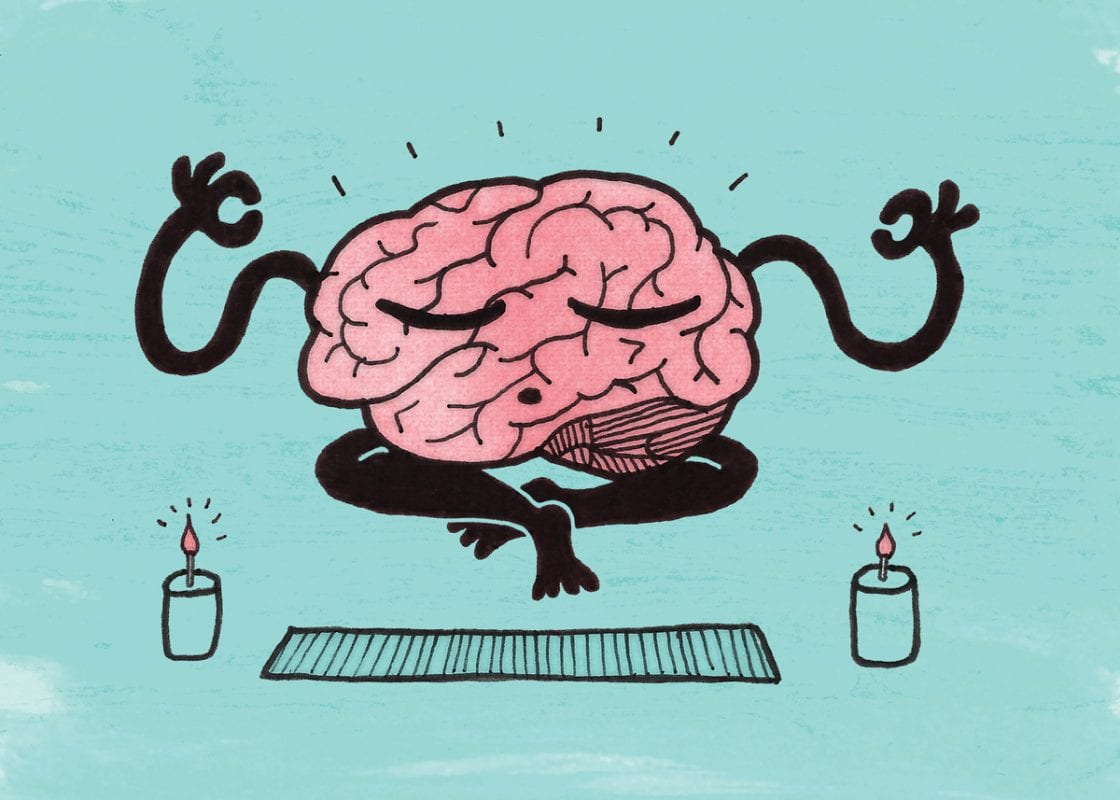As a growing body of research sheds light on the intricate interplay between physical fitness and cognitive well-being, the concept of the mind-body connection has emerged as a focal point for understanding holistic health. In recent years, scientists and health professionals alike have delved into the profound ways in which physical exercise not only bolsters physical strength but also nurtures cognitive resilience and optimal brain function. With an emphasis on the critical link between exercise and brain health, this article endeavors to explore the intricate nuances of the mind-body connection, unveiling the transformative impact of physical fitness on cognitive processes. By delving into the latest scientific insights and drawing from practical expertise, we aim to illuminate the powerful role that exercise plays in fortifying brain health and fostering a synergistic relationship between the body and the mind.
What it does mean is that you need to strike a balance. For optimal health, you need to understand the connection between your brain and your body, and how what you do with each has an effect on the other.
Exercise and the Brain
First, understand that there are several ways exercise affects your brain. The stronger your heart, the better your blood flow and the more clearly you can think. However, that is not the only brain benefit.
- Build Endurance: This kind of activity can help boost growth of new brain cells and help preserve existing ones.
- Strength Training: Not only can strength training improve your mood, but it can also enhance your ability to concentrate and improve your decision-making skills.
- Flexibility and Balance: Not only do these benefit your body, but they also keep you from injuries and help you build endurance and strength, both things that are good for your brain.
Your brain is affected by how much you exercise. Thirty minutes four times a week (120 minutes a week) can make a huge difference in how clear your mind is.
The Brain and Its Effect on the Body
Just as the body has an effect on the brain, the brain also affects the mind-body connection. If you are stressed out, anxious, depressed, or even just in a bad mood, your body is affected as well. For instance, one of the best stress relievers is exercise, but people who are stressed out tend to exercise less. They feel that they don’t have time or don’t feel like it at the moment. As a result, stress levels get higher.
Anxiety and depression can affect your sex life, result in weight gain, and cause you to go back to bad habits you have dropped and to neglect good ones you have developed. If your brain is not healthy, it will be much harder for you to maintain your physical fitness.
It’s about more than just will-power too. You can’t will your way to mental health. It takes dedication and exercise, and sometimes you even have to ask for help from professionals and even take medication.
Diet and the Brain
You are what you eat and what you drink. One of the reasons hydration is important to exercise is that your body is in large part water and needs that water to thrive. However, your brain is no different and brain function is affected by what you eat and drink.
For instance, caffeine is a stimulant, and will cause the neurons in your brain to fire faster at least temporarily. When the caffeine wears off you may get an afternoon lull and feel like you need more caffeine. The same is true with sugar and sugary snacks. They will energize you, but the energy they provide will not last like the energy you will get from a balanced diet.
Protein, good carbs, good fats, and other healthier foods will provide you with more energy that will last longer, and certain foods are proven to be better for your brain than others. Being deficient in vitamins, dehydrated, or even just physically hungry will affect your brain function. You need to feed your brain the same way you feed your body.
Mental Wellness Workouts
Just like there are workouts for your body, there are workouts for your brain as well. Things like meditation, self-hypnosis, guided imagery, and even puzzles and games help your brain stay at its healthiest. These are things you need to do consciously and on a regular basis.
Besides feeding your brain, you need to exercise it as well. Taking a new class, reading a new book, and even writing is good for your mind-body connection. From journaling to starting your own blog or website and keeping up with it, nearly any type of writing will help, and the research you will have to do will keep your mind limber as well.
Essentially anything that makes you think and stretch your mind beyond your daily activities and ideas will contribute to your intelligence, memory, and overall brain health.
Get Social
One of the things that starting a blog can help with is developing a community and getting social. Really one thing our brains crave is human interaction. Intelligent conversation, jokes, laughter, and even just listening to and telling stories stimulates our mind-body connection and keeps our brains healthy.
This interaction can come online in the form of social media, group chats, or forums, and those are all fine. Blog discussions, post comments, and more can keep our minds working like well-oiled machines, but they are no substitute for face to face human interaction.
From yoga classes to martial arts instruction, these activities are not only good for our bodies, but they are a great social outlet and really good for our brains and brain health.
Your body affects your brain, and your brain can affect your body. Both physical fitness and brain health are important, but for either to be successful, we need to be balanced in both areas.
In the pursuit of holistic well-being, the integration of physical fitness into our daily lives emerges as an indispensable cornerstone for nurturing optimal brain health. Through the lens of the mind-body connection, we have unraveled the profound ways in which regular exercise not only enhances physical prowess but also acts as a catalyst for bolstering cognitive function and emotional resilience. From the release of mood-boosting endorphins to the stimulation of neuroplasticity, the transformative power of physical activity in sculpting a resilient and agile mind is unequivocal. As we continue to delve deeper into the intricate relationship between physical fitness and brain health, it becomes increasingly clear that prioritizing regular exercise can pave the way for a flourishing and vibrant life, marked by an unwavering harmony between the body and the mind. Embracing the profound implications of the mind-body connection, let us stride forward in our pursuit of comprehensive well-being, recognizing the transformative potential that lies at the crossroads of physical fitness and cognitive vitality.








